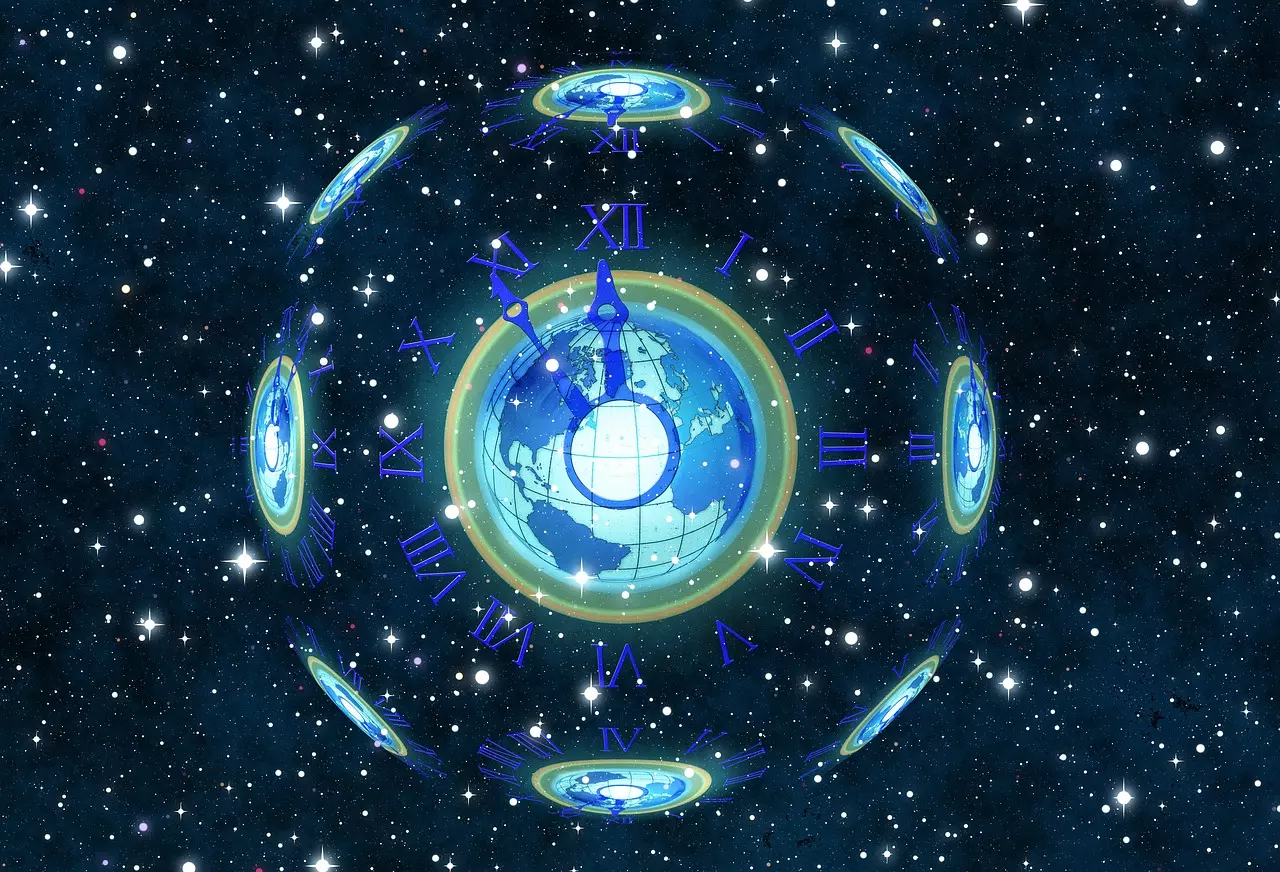[Originally published as Billions of Years: Frame of Reference]
This post is inspired by my podcast with ApoloJedi, which you can listen to on Podbean, or YouTube. About two-thirds of the way into the podcast, ApoloJedi brought up something that I had never thought of before. It’s a question of time, whether millions of years or only a few thousand. The problem with time is, you need a reference frame to picture it.
Let me explain what I mean. We tell time in various units: minutes, hours, days, weeks, and years. Of those, days and years are set by the solar system. A day is defined as one earth’s rotation on its axis, not by a day and night cycle of the earth around the sun as some of the old earth advocates would like us to believe. A sun is not needed for a day to occur.
A year is defined as the length of time it takes for the earth to complete one full orbit around the sun. What should be obvious from these rather mundane definitions is, we humans are very earth focused, including our measurements of time.
This is not a problem for a young-earth creationist cosmology.
According to that model, the earth was made on day one. However, the standard cosmological model has all manner of problems here. According to the standard model, the earth is roughly 4.5 billion years old. The universe is supposedly around 13.7 billion years old. Given that time is measured based on earth’s rotation, I have to ask the question…how do we determine those extra billions of years without earth to serve as a reference?
This problem is not as simple as it sounds. If the frame of reference, in this case earth, does not exist, time cannot occur from that reference point. Consider that Jupiter’s year is over forty-three hundred days long, and a year on Neptune is over sixty thousand days long! The frame of reference is very important when measuring how much time has passed.
I want to make it clear here that I am not saying time itself changes pace, though I think relativity may allow for that. The point I am making is that how we measure time is relative. Obviously, the age of the earth and universe are calculated in earth years; that is expected. Earth is our frame of reference. However, prior to earth’s existence, how can you calculate the passage of time? What is the reference point? You cannot use the earth; since it would not have existed yet. Yet they do use earth years to calculate the length of time the universe is supposed to have existed.
Obviously, this is more a philosophical problem than an evidence issue and will undoubtedly be brushed away by those of an old-earth persuasion. Even if this frame of reference issue were to catch on as an argument, the best you could do is demonstrate the universe is at least 4.5 billion years old. Obviously, we know from Scripture that the universe is much younger than that; roughly six thousand-odd years old.
But the relative nature of how we measure time gives us an example of the difference between reasoning presuppositionally rather than evidentially. This evidence, that the age of the universe cannot be determined further back than the age of the earth, is run through an explanatory filter: a worldview. The worldview is the issue that must be challenged.
Hurling pieces of evidence at people may work sometimes, particularly if a person is uninformed. However, if a person is astute and knows their stuff on anything other than a surface level, evidence will fail to convince them. They will simply invent a rescuing device. Instead, challenge the worldview. Even then, you may not convince them, but you will force them to hold an illogical position.
Thus, while the frame of reference when telling time is important and could be used to create doubt, it should not be a featured argument. It is useful, no doubt, but only within strict limits. More importantly, from a philosophical perspective, as with all other pieces of evidence, it cannot be relied on to convince someone with a firm worldview. The worldview must be broken first before they will accept the evidence.






